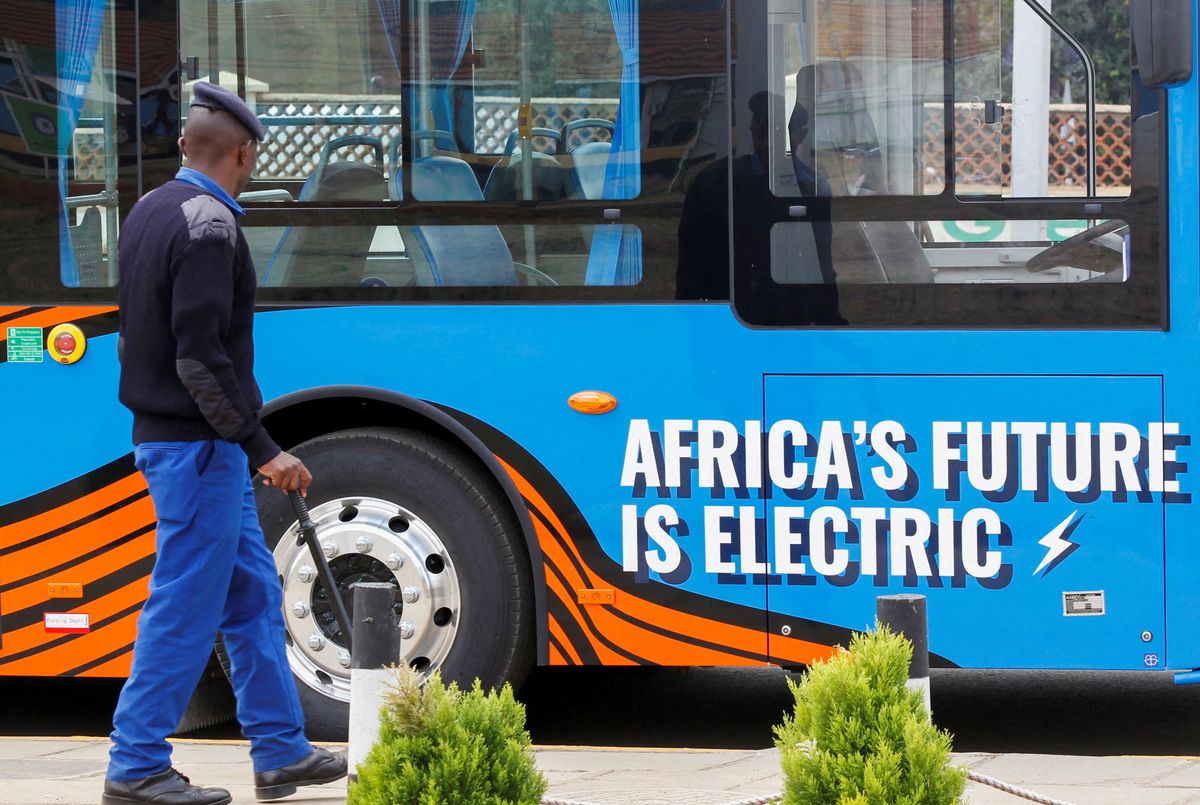What to expect at Africa’s first climate summit
Starting Monday, the African Union’s (AU) Africa Climate Summit is being held for the first time.

A few minutes every morning is all you need.
Stay up to date on the world's Headlines and Human Stories. It's fun, it's factual, it's fluff-free.
Starting Monday, the African Union’s (AU) Africa Climate Summit is being held for the first time. This conference coincides with Africa Climate Week, ahead of November’s COP28 conference on climate. The Summit is being hosted by Kenya.
At the moment, the African continent is considered the most vulnerable region to the effects of climate change. It also contributes the least to global greenhouse gas emissions. Many of the countries in Africa rely on rain-fed agriculture, and much of the GDP and employment is based on agriculture, too. Seven of the 10 countries most vulnerable to climate change are in Africa.
According to the Global Center on Adaptation, “Africa has been substantially impacted by natural disasters, which are set to increase in severity and frequency. Between January 2021 and September 2022, approximately 52 million people (around 4 percent of the African population) were impacted either by drought or floods, deeply affecting African livelihoods.”
At the Climate Summit, financing and Africa's negotiating position in global talks will likely take the spotlight. The AU needs more financing and investment to start applying climate solutions and to build infrastructure that’s better suited for our changing world.
At the event, the summit is expected to issue The Nairobi Declaration, outlining Africa's position on issues ahead of the COP28 UN climate summit that will take place in Dubai in late November. It’ll show how the region can provide climate solutions with its carbon sinks (like the Congo Basin), free land, renewable energy potential and supplies of battery minerals. By the end of the summit, organizers say that they expect both public and private investment for debt-for-nature deals, regular debt, equity and carbon credits, renewable energy, green tech and sustainable food farming. Mobilizing clean energy solutions across the region will also be a major focus of the Africa Climate Summit.
During the summit, the International Organization for Migration (IOM) will organize the signing of the Continental, Kampala Ministerial Declaration on Migration Environment and Climate Change, known as KDMECC-AFRICA. This declaration is the first government–led, comprehensive, action-oriented framework to fully address climate-related mobility problems and the gaps of human movement caused by climate change in Africa.
"We are holding this summit not to continue repeating the same messages. We are holding this summit for Africa to present solutions to the challenges," said Ali Mohamed, Kenya's special envoy for climate change.




Comments ()